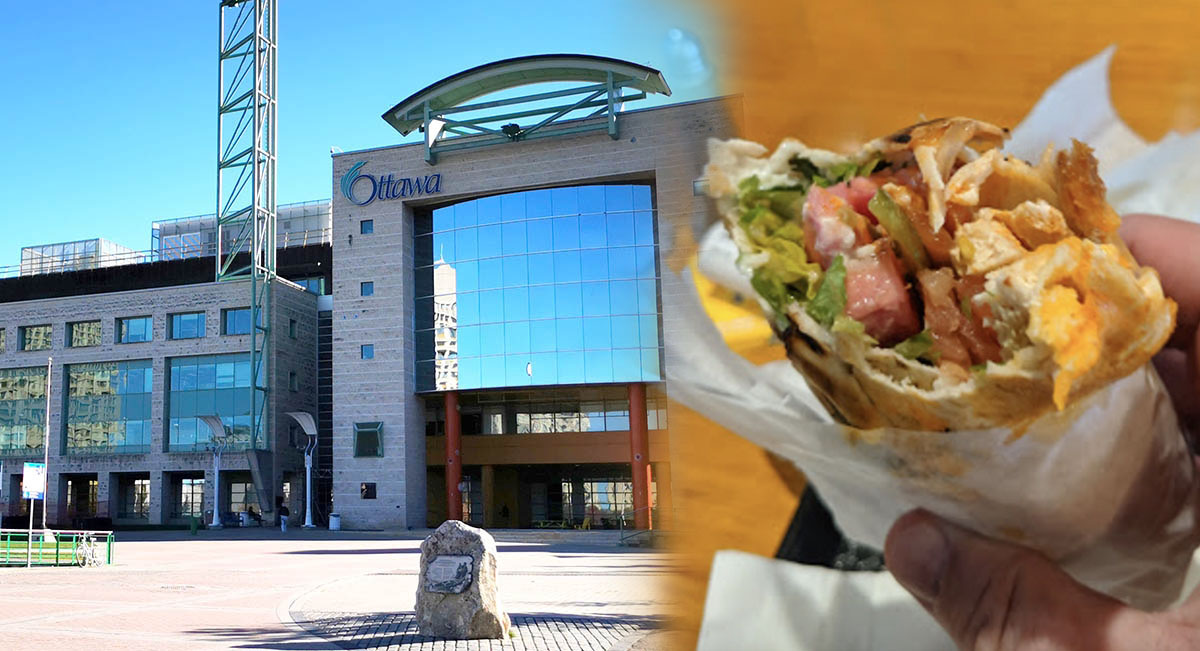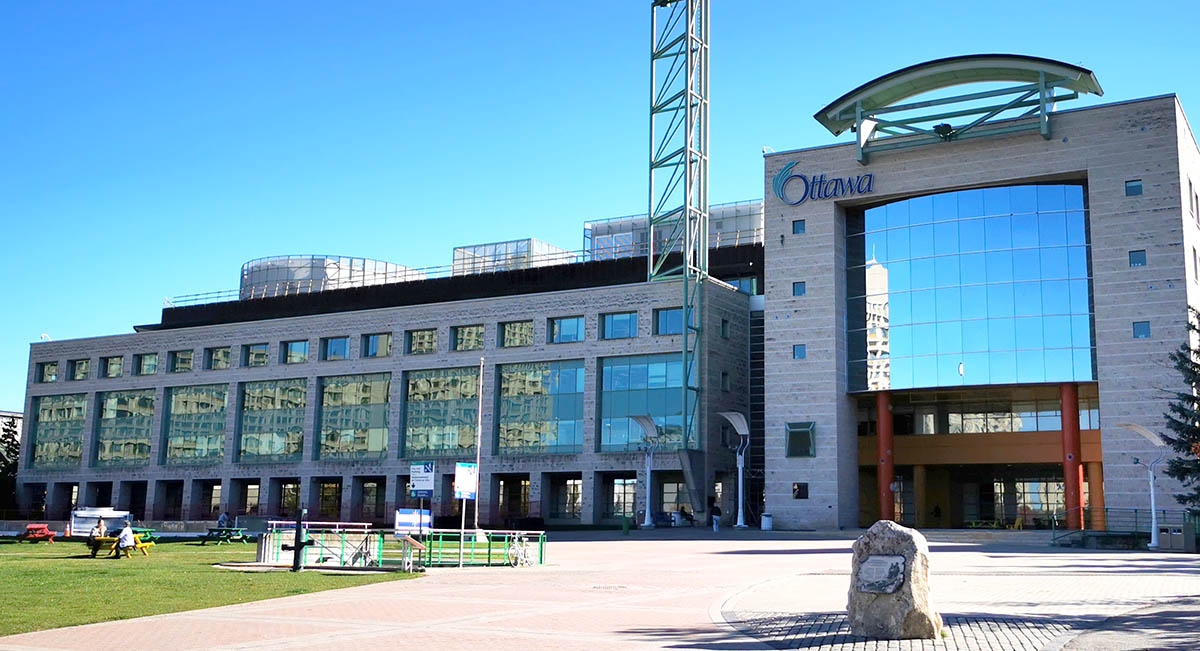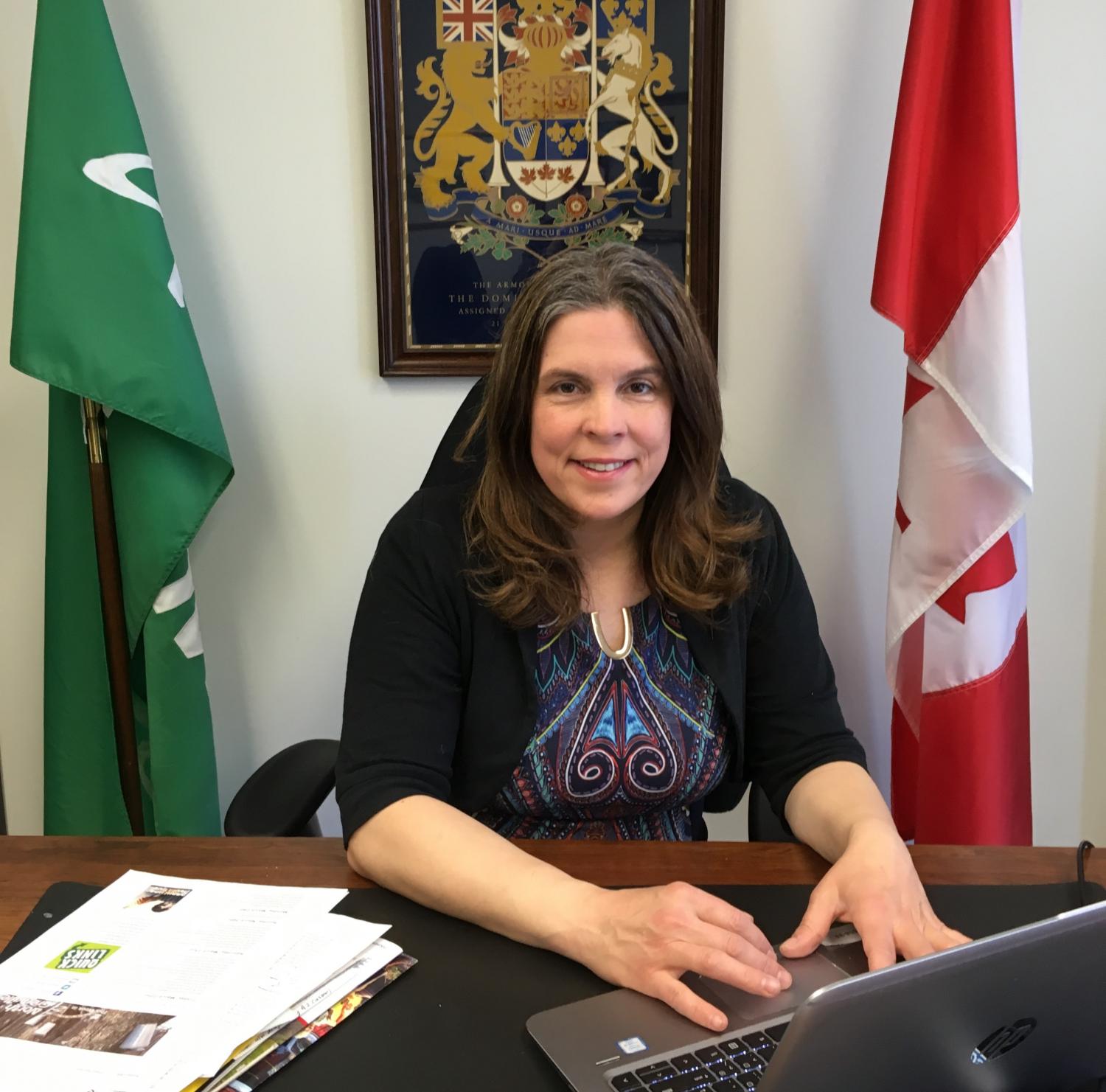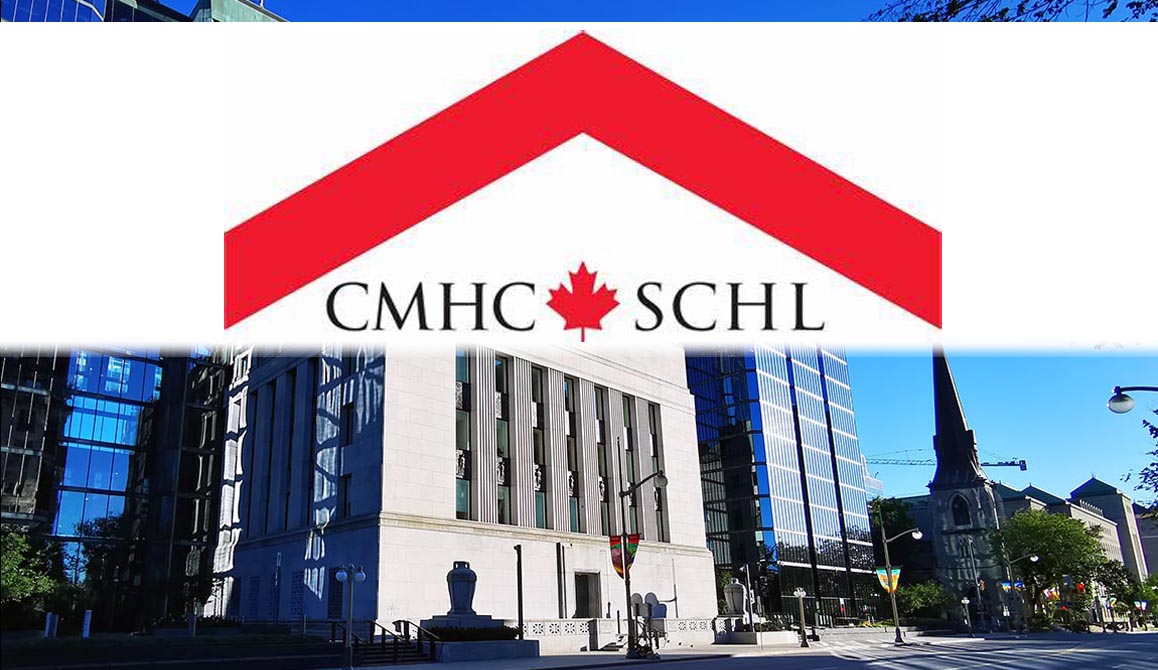
Economic Action Plan and City-Province Agreement Focus of Council
The Economic Development Strategy and Action Plan was the first issue of contention at today’s meeting of Ottawa City Council. The document, which is significant in length, examines the city’s economy and focuses on where the city can target resources to improve growth by attracting tourism, small businesses, investment, and other forms of capital.
A motion attached asked that city staff be directed to work with the Kanata North Business Association during the development of an economic strategy. Also, it proposed that staff “undertake similar consultations in support of the implementation of a specific and tangible Action Plan as it relates to the two Special Economic Districts—the Kanata North Economic District and the Ottawa International Airport Economic District.” Councillor Matthew Luloff also brought forward a motion asking for city Economic Services to coordinate with the Heart of Orleans Business Improvement Area to facilitate the attraction of economic growth and employment in the area.
Councillor Riley Brockington stated that despite it only being four years since the Covid-19 pandemic, it feels like 40 years. Brockington said he appreciates the strategy that is a long time coming, but his priority is the downtown core.
The River Ward Councillor said he is “unaware of any other neighbourhood in the City of Ottawa that was impacted anywhere close to the downtown core when it comes to economic impacts.” Brockington asked City Manager Wendy Stephenson about the future of federal public service in Ottawa, the economic impacts on the downtown core caused by federal public service employees working from home, and the revenue impacts of the federal government offloading buildings dedicated to the federal public service.
Stephenson responded that the “Federal government holds its cards close to its chest,” and the city receives revenue from the federal government “in lieu of taxation payments.” Stephenson pointed out that the process takes “about eight years” once the federal government decides to sell a building.
Brockington said he is aware of an outflow of cash from the downtown during the pandemic but does not want the city’s core to become the centre of an empty doughnut or “rotten over time” from a lack of habitation or business in the area. After grilling the city manager, Brockington said he looks forward to seeing the plan and the “needed investment in the core.”
Councilor Shawn Menard spoke to the economic action plan, asking that the city not defund possible festivals as they cost little to fund and bring substantial economic benefits. Councillor Sean Devine spoke about his experience organizing festivals and asked why the city moved the Tulip Festival away from the responsibility of Economic Services to the domain of Culture and Recreation Facilities. City Staff responded that the Tulip Festival should receive merit-based funding “as every other festival does.” City staff said there are different funding streams through which the Tulip Festival can apply, and it receives large amounts of per diem advertising through Ottawa Tourism, seemingly trying to reassure Devine while also telling him the change was done.
Councillor Ariel Troster spoke about the situation in the downtown core, saying that the 80,000 daily commuters will not be returning to the office. However, Troster noted that although there is a vacancy issue with Federal Public Service buildings, “the cultural class” of the downtown core is being pushed out by aggressive property development, raising rents and building condos. Troster asked city staff if there is any data on half-used federal government spaces that could be rented out. Staff responded that they do not have the numbers, but they are available. Troster stated she believes the drug poisoning crisis in the city has been exacerbated by “all the empty storefronts and fewer eyes on the street.”
Councillor Theresa Kavanaugh spoke to the motion, saying that although she appreciates all the work put into economic development, affordable housing has to be part of the plan. Kavanaugh stated her belief that the downtown will not recover unless people, including families, live downtown. Councillor Lufloffs’s motion was carried along with the economic plan.
City Manager Wendy Stephenson reviewed the Ontario-Ottawa economic plan, which will give the city of Ottawa $197 million in financial support from the province, including $120 million towards homeless shelters that are conditionally based on federal government funding. The province will also take over the cost of maintaining Highway 174. Twenty million dollars will be directed towards downtown recovery in the city, and $48 million will go towards public safety and deploying more police officers to the downtown core to help facilitate a permanent police presence in the ByWard Market.
Councillor Ariel Troster asked Stephenson if funding is available for “upstream solutions to solve the crime at the source,” like community block leaders or micro employment that leads to diversion from crime. City staff responded that part of the money would be directed towards mental health, safety, and security on the transit system, as well as cyber security, in addition to the previously mentioned police funding, reaffirming that not all money was for the police.
Troster again asked if there was “room for community-based solutions that are not only police.” Troster said that public health and community outreach approaches best address many safety issues and asked if any of the provincial money could go towards these approaches.
Councillor Sean Devine asked about alternate funding in a long tangential stream of questions. At this point, Mayor Sutcliffe chimed in that the agreement cannot be changed before the Council votes on it.
In a response to Councillor Brockington, City Manager Wendy Stephenson said that “going around the table, everyone has a wishlist,” clearly trying to dispel the notion that this agreement is open for negotiation on ward-specific needs. The city-province deal was not voted on this week. However, despite specific requests from different councillors, there was consensus to support the plan.
Council also came together to support a motion by Councillor Laura Dudas to recognize Ottawa as the Shawarma Capital of Canada. With the support of the Embassy of Lebanon in Canada, Dudas proudly pointed out that Ottawa has more Shawarma restaurants than gas stations, McDonald’s, and Tim Hortons, and despite the city being geographically and ethnically diverse, everyone appears to love Shawarma.
City Council is scheduled to meet again on April 17th at 10:00 a.m.









